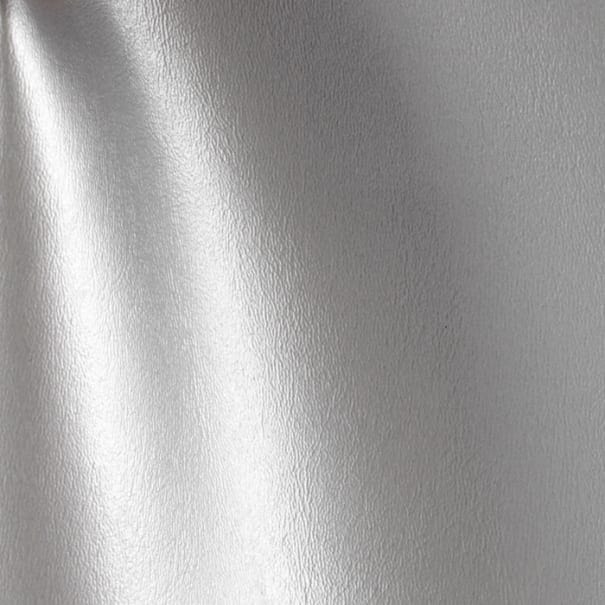Whether you live in a warm climate or a cooler climate, you need to take care of your pool in the off-season. Taking care of your pool during this time can save you hassle and frustration when it is time to reopen in the spring. Proper maintenance will also prevent any contaminated water or debris from getting into areas they aren’t supposed to.
We provide you with tips on how to maintain your pool during the off-season so you can open faster when it is time to swim again.
When Should You Close Your Pool
The first thing to know is when you should close your pool. For those who live in cold climates, the pool season is typically from Memorial Day to Labor Day or May through September.
If you want to keep your pool open late into September, remember to close it before the temperatures fall below 30 degrees Fahrenheit at night. Another precaution to think about is if you have a robot pool cleaner, then make sure to note the manufacturer’s recommendations for what temperature you need to remove it from the pool. The recommended temperature is set so the robot won’t get damaged from the falling temperatures.

Balance the Water Chemistry
Water chemistry is a critical part of protecting your pool. If any of the chemicals are off — which include alkalinity, pH, calcium hardness, and cyanuric acid — then your pool equipment may get damaged.
Make sure to check your water chemicals weekly. If you have a spa, you should check the chemistry every two to three days. If you notice any algae growing or starting to grow, then you need to use algaecide right away. You don’t want algae growing on the surface of your pool and discoloring your pool tiles.
One thing to remember is you might not need the same amount of sanitizer during the winter months as you use during the summer months. You can use a little less sanitizer and still keep proper pool chemistry throughout the winter.
Watch out for Freezing Weather
Did you leave water in your pipes during the freezing winter? If water freezes in your pipes, it expands, bursts, and ruins your plumbing. Make sure your pool equipment has the proper circulation when the temperatures start to drop. Burst pipes are a very expensive fix so this is something you don’t want to let slide.
Clean the Surface of Your Pool
Clean the floors, walls, swimming pool tiles, and any other surface area of your pool to prevent algae growth. Make sure to brush away debris, vacuum, and skim the pool regularly. This will help prevent dirty, gross water when it comes time to open up the pool in the spring. Don’t forget to clean the corners, steps, and ladders of your pool.
Check Your Equipment
Even if you cover your pool and completely close it for the season, there is a good chance pollen, dust, dirt, and other particulates get into the water. Check the filter regularly and clean it per the manufacturer’s recommendations.
Backwash your pool as needed to ensure it stays clean. Three signs you need to backwash your pool are:
- Cloudy water
- Clogged filter
- Increase in PSI reading
Don’t forget your heater, plumbing, and pump to make sure everything is functioning as it should and there are no leaks.
Clear out Debris
Remember to empty your pump baskets, cleaner bags, floor cleaner containers, and your skimmer baskets. This will keep your equipment and water much cleaner throughout the winter. When it comes springtime, the pool will be easier to open because you have kept it clean during the winter.
Monitor Water Levels
Make sure the water level in your pool is topped off so your pool is primed and your pump is protected. The water level will vary depending on the climate you live in. If you live somewhere that doesn’t get freezing temperatures, then your water level should come close to the top during the winter. If you live in a cold area, where it gets below freezing and even snows, then your water should be four to six inches below the skimmer.
If you are considering draining your pool, then it is best to contact a professional. Remember that your pool doesn't always need to be drained when you are closing it up for the year. If you run into a problem with your pool, contact a professional and they will let you know whether or not your pool needs to be drained.
Pool Cover
A pool cover is a must-have to protect your investment during the off-season. This is especially true if you live in a harsh, colder climate. A pool cover protects the pool from debris, animals, snow, and other things that may contaminate your pool.
Make sure your winter pool cover is secure over your pool. For an inground pool, this means you have to make sure the water bags or block are secure and the safety components are in place. If you have an above ground pool, make sure the cable is tight and the cover clips are secure.
To remove debris and snow off your pool cover use a hose or a vacuum. A hose easily removes twigs, dirt, and leaves. The vacuum removes any water that may linger on the top of your cover.
When it comes to snow, use a roof rake to pull the snow off your cover. If too much snow piles up on your cover it can damage the pool. This is especially true when it comes to above ground pools.
Don’t Skimp on Winter Maintenance
Off-season pool maintenance is important for the overall health of your pool, swimming pool tiles, and it makes your job easier in the spring. If you do a little bit each week during the winter, you will have a much easier time when it comes to opening your pool in the spring.


























